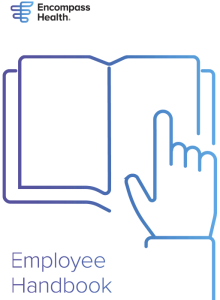Bright Data, Inc. is a Delaware corporation and subsidiary of an Israel-based company, Bright Data Ltd. The Company’s United States headquarters are in New York City.
As alleged in her Charge of Discrimination filed with the Equal Employment Opportunity Commission, our client’s second-level supervisor, a Managing Director, engaged in inappropriate behavior even before Bright Data hired her, which escalated after her hire into blatant sexual harassment. Her supervisor attempted to engage in a sexual relationship with our client, “Jane Doe”, which she rejected, and for which rejection she paid the price of her employment, according to her EEOC Charge.
Doe interviewed for a position at Bright Data in May 2021. Rather than discuss work experience or Doe’s professional skills, and rather than describe the Company/the available position, the Managing Director asked intrusive questions about her personal life, phrasing questions in a way to elicit whether she was single or not. Doe felt compelled to reveal that she was not married, with a daughter – in other words, a single mom. The supervisor-to-be immediately began to tell her that single mothers are “the most diligent and efficient” “because they have no choice,” among other statements, in essence commenting that single mothers are at the mercy of their employers. Her boss would return to these comments during her employment, reiterating them on at least three other occasions.
 Sexual Harassment Lawyer Blawg
Sexual Harassment Lawyer Blawg





